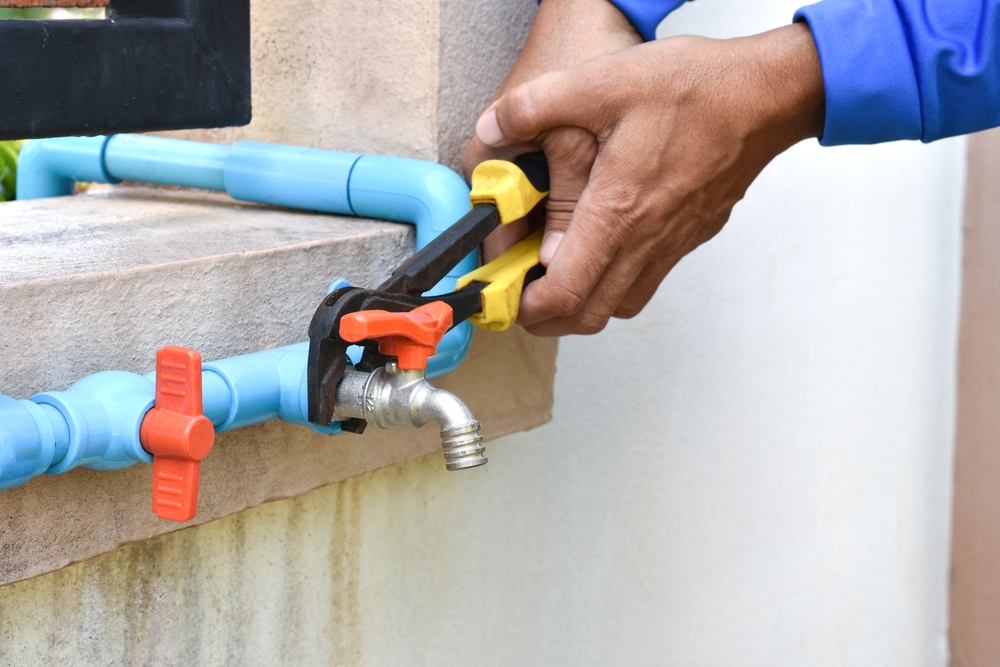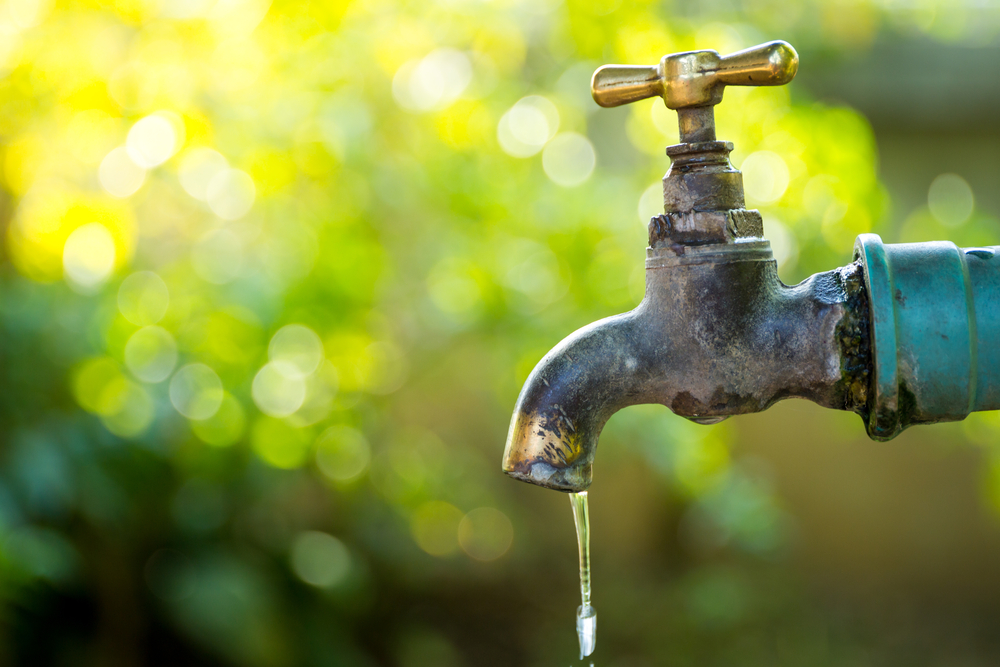Life depends on water, hence your health and well-being depend on making sure it is of quality. Many people are looking at several water treatment solutions as worries about water quality rise to guarantee their tap water is safe and clean. Finding a good treatment solution is crucial since contaminants such bacteria, chemicals, and heavy metals could harm the quality of your water. This guide will assist you to grasp several water treatment solutions, their advantages and disadvantages, and how to decide which one would be finest for your house.
Types of Water Treatment Options
There are various ways to treat water, each with particular advantages and process. The most often occurring forms of water treatment choices are shown here:
Filtration Systems
To clean water of pollutants, filtration systems either employ adsorption, physical barriers, or biological processes. These systems range in kind from activated carbon filters, sediment filters, and multi-stage filters.
- Activated Carbon Filters: These filters adsorb contaminants including certain heavy metals, volatile organic compounds (VOCs), and chlorine via carbon. They shine in enhancing water taste and scent.
- Sediment Filters: These filters guard other appliances and plumbing fittings from damage by catching bigger particles including sand, silt, and rust.
- Multi-Stage Filters: Combining several filtration techniques, these systems provide thorough purification by targeting several pollutants at different phases.
Reverse Osmosis (RO)
Using a semi-permeable membrane to eliminate pollutants, reverse osmosis is a quite successful water treatment system. This technique leaves contaminants behind as pressure is applied to force water across the barrier.
- How It Works: Usually including many stages—pre-filtration, the RO membrane, and post-filtration—RO systems guarantee complete purification.
- Effectiveness: Among the many pollutants RO systems can eliminate include bacteria, heavy metals, and dissolved salts as well as other ones.

Distillation
Distillation is boiling water then condensing the vapor back into liquid form. This procedure isolates from the water higher boiling point pollutants.
- How It Works: Water is heated to produce steam, which rises and gathers in a separate container leaving contaminants behind.
- Effectiveness: Most pollutants, including chemicals, germs, and viruses, can be readily removed by distillation. It can, nevertheless, be slow and energy-intensive.
Ultraviolet (UV) Treatment
UV (ultraviolet) treatment kills or inactivates water’s bacteria using UV light. By messing with the DNA of viruses, bacteria, and other pathogens, UV light stops them from proliferating.
- How It Works: Water is exposed to ultraviolet radiation in a UV chamber. This method does not change the flavor or scent of the water or require chemicals.
- Effectiveness: While UV treatment kills bacteria, it does not remove chemicals, heavy metals, or sediments. It is sometimes used in concert with other therapy approaches.
Benefits and Drawbacks of Each Option
Selecting a water treatment system calls for balancing the advantages and disadvantages of every choice. Here’s a closer view:
Filtration Systems
Benefits:
- Improved Taste and Odor: Water’s taste and fragrance can be much improved with activated carbon filters.
- Affordable: Usually less costly to install and run than other systems.
- Variety: provides several kinds and sizes to meet diverse purposes.
Drawbacks:
- Limited Contaminant Removal: No filter eliminates every kind of pollutant.
- Regular Maintenance: Periodically replacement of filters is necessary to keep their efficacy.
Reverse Osmosis (RO)
Benefits:
- Comprehensive Purification: cleans a wide spectrum of pollutants, including heavy metals and dissolved salts.
- Improved Water Quality: generates excellent, free from most contaminants water.
Drawbacks:
- Higher Cost: Installation and upkeep can cost more.
- Water Waste: Over the purifying process, RO systems squander a lot of water.
- Slow Process: Possibly slow compared to other techniques of producing water.
Distillation
Benefits:
- Effective Contaminant Removal: gets most of the pollutants, including chemicals and bacteria.
- High Purity: generates really clean water.
Drawbacks:
- Energy-Intensive: Boiling water calls for a lot of energy.
- Slow Production: The procedure could be slow and might not satisfy great demand.
- Mineral Removal: Also eliminates useful minerals from water.
Ultraviolet (UV) Treatment
Benefits:
- Effective Against Microorganisms: kills or renders inactive viruses, bacteria, and other organisms.
- Chemical-Free: not add chemicals to water.
Drawbacks:
- No Contaminant Removal: Does not deal with silt or chemical pollutants.
- Requires Electricity: Requires a power source to run, hence a constraint during a power outage could be present.

Factors to Consider When Choosing a Water Treatment Option
Choosing the best water treatment system for your house means weighing several important considerations:
1. Water Quality
- Testing: Test your water first to find pollutants and evaluate their quantities. This will enable you to ascertain the most successful course of treatment.
- Source: Think about where your water comes from—from a well, municipal supply, another source—as this will impact the kind of treatment required.
2. Budget
- Initial Cost: Compare the initial installation expenses for several systems. While some methods have more initial outlay, they may provide better long-term savings.
- Maintenance Costs: Account for continuing maintenance and replacement expenses including energy use or filter changes.
3. Household Size
- Capacity: Select a system able to meet your household’s water consumption. Bigger homes could call for systems with more capacity or flow rates.
- Usage: Think on your regular water consumption and whether the treatment system can effectively satisfy your needs.
4. Maintenance Requirements
- Ease of Maintenance: Some systems call for more frequent maintenance than others. Make sure you know the system you decide upon’s maintenance requirements.
- Service and Support: See whether the manufacturer provides decent options for customer support.
Comparison of Water Treatment Options
Based on important criteria, here is a comparative summary of the several water treatment choices:
| Treatment Option | Contaminant Removal | Initial Cost | Maintenance Cost | Energy Consumption | Speed of Filtration | Additional Features |
|---|---|---|---|---|---|---|
| Filtration | Moderate | Low | Low | Low | Fast | Variety of types |
| Reverse Osmosis | High | High | Moderate | High | Slow | Comprehensive purification |
| Distillation | Very High | Moderate | Low | High | Slow | Very pure water |
| UV Treatment | Microorganisms | Moderate | Moderate | Moderate | Fast | Chemical-free |
Key Takeaways:
- Filtration systems are reasonably priced and provide a variety of kinds but might not eliminate all toxins.
- Reverse osmosis provides thorough purification but can be costly and waste water.
- Distillation provides rather pure water, but it is sluggish and highly energy-intensive.
- UV treatment kills bacteria quite effectively but cannot deal with chemical pollutants.
Conclusion
Choosing the suitable water treatment solution for your property will help you to ensure safe and quality drinking water. Every therapy method has benefits and drawbacks; so, you should pay especially attention to your own need and condition. Weighing factors including water quality, cost, house size, and maintenance requirements can help you determine which best matches your house.
This comparative study can help you to discuss the options and choose the best water treatment system for your property. Give the health of your family first importance, then consider today’s purchase of a reliable water treatment system. Never compromise on water quality; choose carefully for your residence and everyday enjoy safe, clean water.
Plumbing Services CA
https://maps.app.goo.gl/31Yt4rhDrainzNJ4A
(279) 203-0765
https://plumbingservicesca.com/
